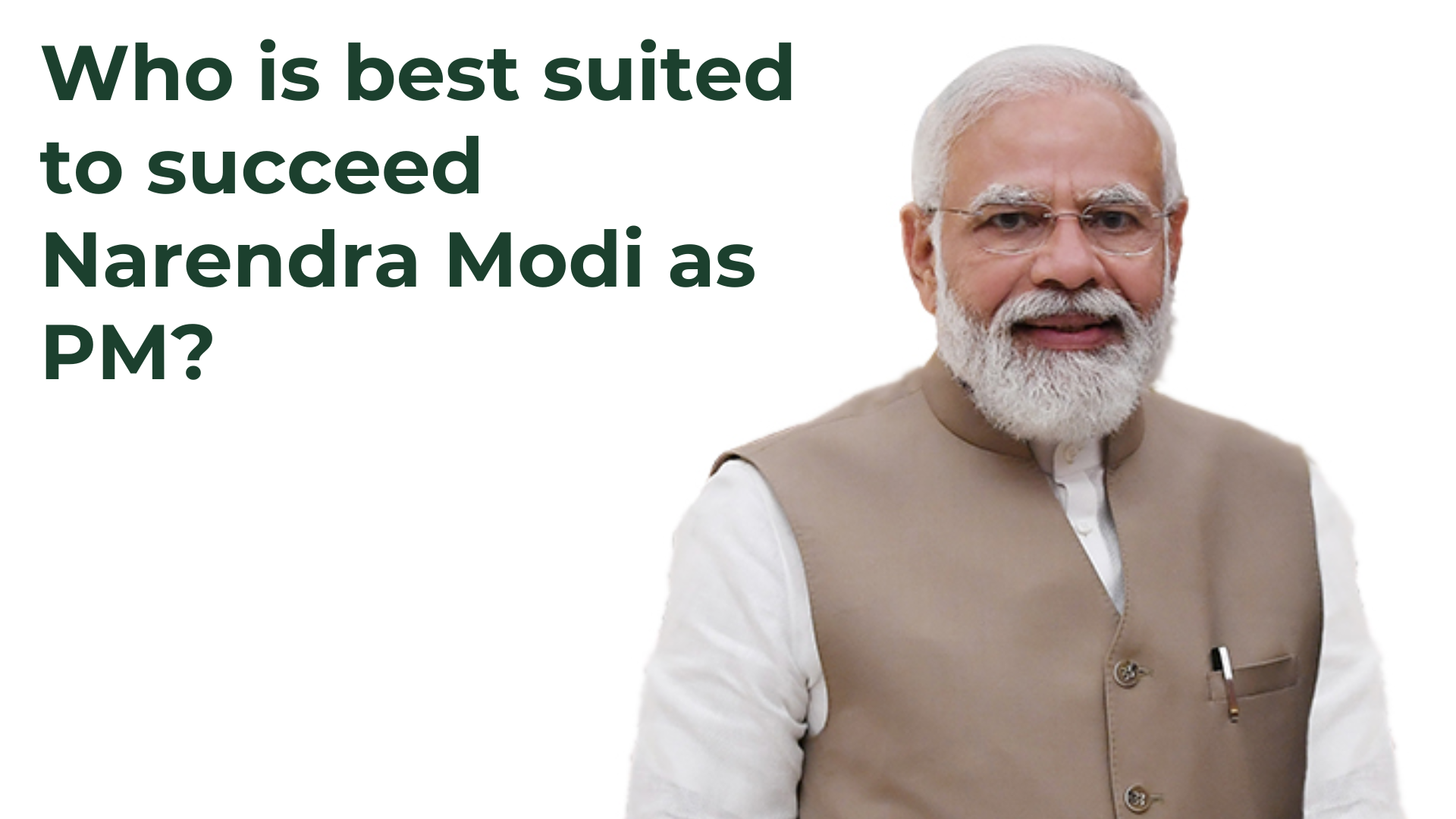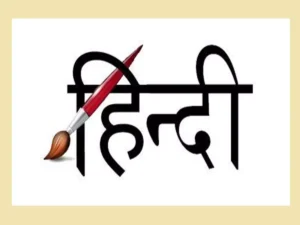
Predicting who is best suited to succeed Narendra Modi as Prime Minister of India involves considering various factors, including political experience, leadership qualities, policy positions, and public support. Here’s a balanced perspective on potential candidates:
- Amit Shah: As the Home Minister and a close confidant of Narendra Modi, Amit Shah is often seen as a frontrunner for the position. He has a long history in politics, strong organisational skills, and a reputation for effective governance. However, some critics raise concerns about his polarising nature and hardline stance on certain issues.
- Rahul Gandhi: As a prominent leader of the Indian National Congress party and scion of the Nehru-Gandhi family, Rahul Gandhi has a significant political pedigree. Despite facing criticism for electoral losses and perceived leadership shortcomings, he remains a prominent figure in Indian politics. Supporters highlight his emphasis on social welfare and inclusive policies.
- Priyanka Gandhi Vadra: Priyanka Gandhi Vadra, sister of Rahul Gandhi, has also emerged as a potential candidate for the Prime Ministerial position. Known for her charisma and ability to connect with voters, she brings a fresh perspective to Indian politics. However, her limited experience in electoral politics and governance could be a point of contention.
- Mamata Banerjee: The Chief Minister of West Bengal and leader of the Trinamool Congress, Mamata Banerjee, is known for her fierce opposition to the BJP and Narendra Modi’s government. Her grassroots activism, administrative acumen, and commitment to secularism resonate with a significant portion of the electorate. However, her regional appeal may pose challenges on the national stage.
- Arvind Kejriwal: As the Chief Minister of Delhi and leader of the Aam Aadmi Party (AAP), Arvind Kejriwal has gained prominence for his anti-corruption stance and focus on governance reforms. His pragmatic approach to politics and emphasis on citizen-centric policies have earned him both praise and criticism. While he has a dedicated support base, his national appeal remains to be seen.
- Nitish Kumar: Nitish Kumar, the Chief Minister of Bihar and leader of the Janata Dal (United), is known for his focus on development and social justice. With his track record of governance and coalition-building skills, he represents a potential candidate for national leadership. However, his political alliances and changing priorities may impact his prospects.
- Other Emerging Leaders: Indian politics is dynamic, and several emerging leaders at the state and national levels may rise to prominence in the coming years. Younger politicians, women leaders, and representatives from marginalized communities bring diverse perspectives and experiences to the table.
In conclusion, identifying the best-suited successor to Narendra Modi requires a nuanced understanding of India’s complex political landscape and the aspirations of its diverse population. While several leaders possess the credentials and potential to assume the role of Prime Minister, public opinion, electoral dynamics, and coalition politics will ultimately shape India’s future leadership. As the country navigates evolving challenges and opportunities, the quest for effective governance and inclusive development remains paramount.







